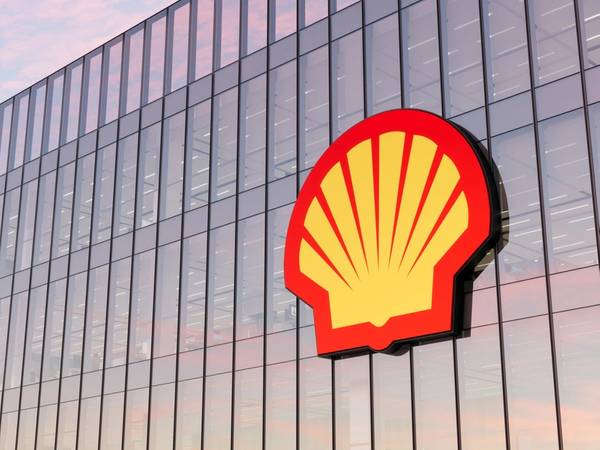
Shell weakened its 2030 carbon reduction target and scrapped a 2035 objective, citing expectations for lower power sales and strong demand for gas in the energy transition even as it affirmed a plan to cut emissions to net zero by 2050.
The changes to the targets are a central pillar in CEO Wael Sawan's strategy revamp to focus on higher-margin projects, steady oil output and growth in production of natural gas in order to boost returns.
Rival BP made a similar move last year, rowing back on oil production and emission reduction targets, in the face of growing investor pressure on the companies to boost returns.
In an annual update on its energy transition strategy on Thursday, Shell said it will target a 15-20% reduction in net carbon intensity of its energy products by 2030 compared with 2016 intensity levels. It had previously aimed for a 20% cut.
Measuring emissions by intensity means a company can technically increase its fossil fuel output and overall emissions while using offsets or adding renewable energy or biofuels to its product mix.
Shell said that it believed gas, and liquefied natural gas in particular, will play a critical role in the energy transition by replacing more polluting carbon in power plants. At the same time, it expects its power sales, which include renewable power, to be lower than previously forecast.
The company retired a previous target to reduce its carbon intensity by 45% by 2035.
"In line with this shift to prioritizing value over volume in power, we will focus on select markets and segments. This includes selling more power to commercial customers and less to retail customers," Shell said.
"Given this focus on value, we expect lower total growth of power sales to 2030, which has led to an update to our net carbon intensity target."
Shell, however, also introduced a new "ambition" to cut overall emissions from oil products such as gasoline and jet fuel sold to customers by 15-20% by 2030 compared with 2021.
Shell also maintained its target to halve emissions from its own operations, known as Scope 1 and 2 emissions, by 2030, saying it had already achieved more than 60% of that target.
'Backtrack'
Mark van Baal, founder of activist shareholder group Follow This which co-filed a climate resolution at Shell's upcoming annual general meeting, said that "with this backtrack, Shell bets on the failure of the Paris Climate Agreement which requires almost halving emissions this decade".
Shell also faces legal challenges over its climate strategy and is appealing against a landmark Dutch court ruling that ordered it to cut its emissions faster.
As part of the strategy, Shell has started company-wide staff reductions, including in its low-carbon solutions division, in a drive to save up to $3 billion.
It has also sold its European power trading business, exited offshore wind and low-carbon projects, put U.S. solar assets on sale and placed its giant refining and petrochemical complex in Singapore under review. It has also announced plans to shut down a refinery in Germany and to exit Nigeria's troubled onshore oil operations.
The company reported a net profit of $28 billion in 2023 on the back of strong liquefied natural gas and oil sales, which were still down 30% from the previous year's record earnings.
(Reuters - Reporting by Ron Bousso;Editing by David Goodman and Emelia Sithole-Matarise)